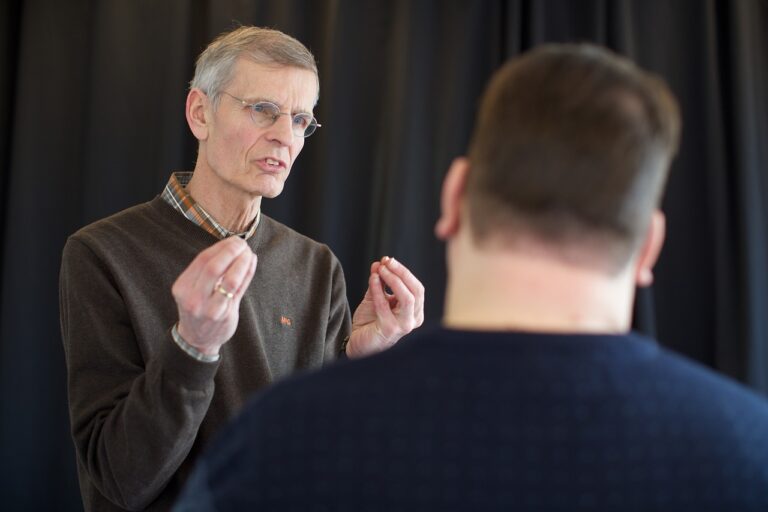
Agile Coaching Part 1
Agile Coaching Part 1
Agile leadership is an essential component of successful organisations in today’s fast-paced business world. To ensure agile practices are effectively implemented and sustained, organisations rely on a team of skilled coaches. These coaches play a crucial role in guiding individuals, teams, and organisations towards achieving their goals within the agile framework. In this article, we will explore the role of coaches in agile organisations, the different types of coaches, the structuring of coaching within the Scrum framework, overcoming pitfalls as a new coach, managing personal biases in coaching sessions, understanding the difference between a coach, a trainer, and a mentor, the importance of coaching for agile success, and training and development opportunities for coaches.
At MCTC Ltd, we understand the importance of effective coaching in driving organisational change and transformation. As a leading consultancy company specialising in Change & Transformation consultancy and training, we are committed to helping businesses thrive in today’s fast-paced and competitive environment. With our wealth of experience and expertise, we provide tailored solutions to meet your unique needs, whether it be implementing agile practices, fostering a culture of innovation, or leading your organisation through a major transformation. Trust MCTC Ltd to be your partner in achieving sustainable and long-lasting success. Speak to MCTC today about our consultancy advice and training packages.
Coach the Coaches – Agile Leadership
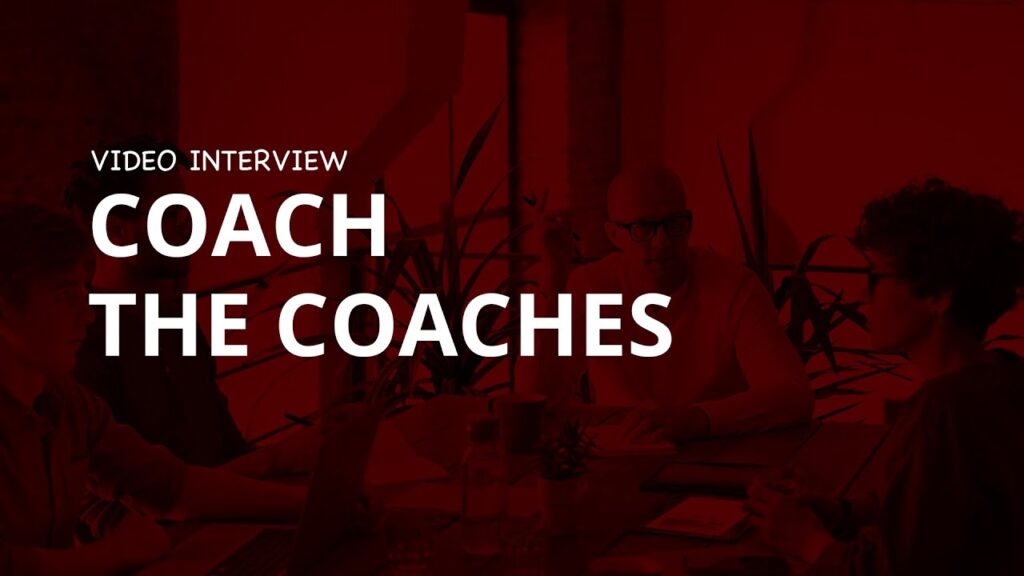
This image is property of i.ytimg.com.
Understanding the Role of Coaches in Agile Organisations
In an agile organisation, coaches are individuals who are dedicated to providing guidance, support, and resources to help individuals, teams, and organisations achieve their objectives. They focus on improving performance, facilitating growth, and helping navigate the agile journey. Agile coaches play a crucial role in creating an environment that fosters collaboration, communication, and continuous learning. They act as catalysts for change, driving agility throughout the organisation.
Coaches are responsible for helping teams and individuals understand and effectively use the Scrum framework. They work closely with stakeholders, Scrum Masters, and Product Owners to align goals and strategies. Agile coaches also support the development of agile practices and processes, ensuring their implementation and continuous improvement.
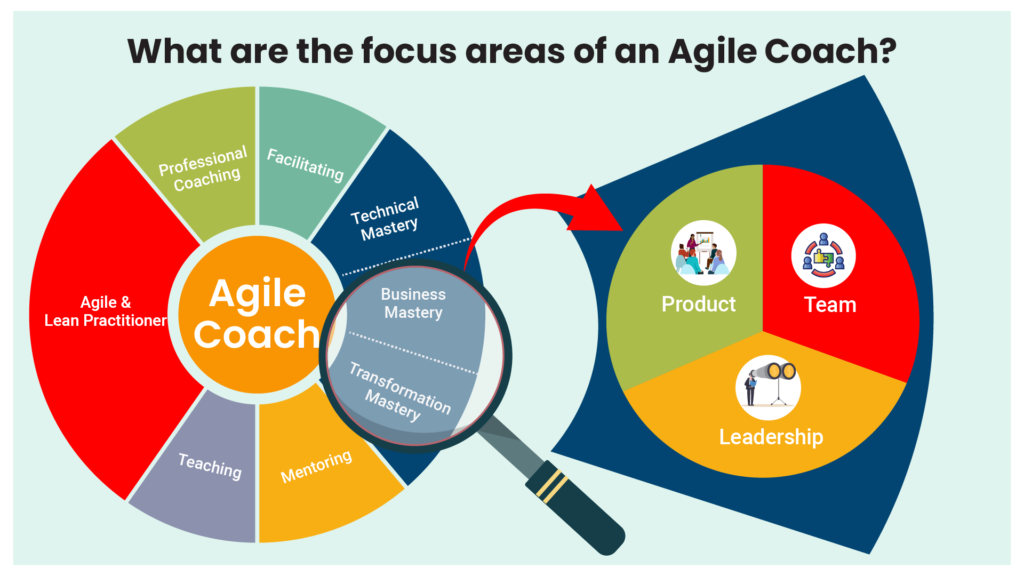
This image is property of scrumorg-website-prod.s3.amazonaws.com.
Identifying the Different Types of Coaches
Within the realm of agile coaching, there are several different types of coaches who have specific roles and responsibilities. The Scrum Master, the Product Owner, and the Executive Coach are some of the key types of coaches in agile organisations.
The Scrum Master, in addition to their role in facilitating the Scrum process, also acts as a coach to the team. They provide guidance and support to the team members, helping them understand and practice agile principles and methodologies effectively.
Agile coaches, on the other hand, provide broader guidance and support to multiple teams and individuals within the organisation. They focus on fostering a culture of agility and continuous improvement across the organisation. Agile coaches work closely with Scrum Masters and Product Owners to ensure alignment and success.
Executive coaches are responsible for coaching senior leaders and executives within the organisation. They help executives understand and embrace agile principles and practices, enabling them to provide effective leadership in an agile environment.
There are also specialised coaches such as Technical Coaches, who focus on technical aspects of agile practices, Team Coaches who focus on team dynamics and facilitation, and Transformation Coaches who guide organisations through the organisational change needed for successful agile adoption.
Structuring Coaching within the Scrum Framework
Coaching opportunities exist within the Scrum framework, providing coaches with structured moments to guide and support teams. These opportunities arise during various Scrum events, such as Sprint Planning, Daily Stand-ups, Sprint Reviews, and Retrospectives.
During Sprint Planning, coaches can help the team understand the goals of the upcoming Sprint and assist in breaking down the work into actionable tasks. In Daily Stand-ups, coaches can promote effective communication, collaboration, and accountability among team members. During Sprint Reviews, coaches can provide feedback on the product increment and help identify areas for improvement. In Retrospectives, coaches can facilitate discussions on the team’s working practices and help identify actions for continuous improvement.
Coaches can also support Scrum roles and responsibilities, providing guidance to Scrum Masters, Product Owners, and team members. They help ensure that the roles are well understood and fulfilled, enabling the smooth functioning of the agile process.
In addition to coaching within the Scrum framework, coaches can also create a coaching plan specific to their teams and organisations. This plan outlines the coaching objectives, activities, and resources needed to support agile success. It should be aligned with the goals and objectives of each Sprint and should contribute to the overall organisational vision.
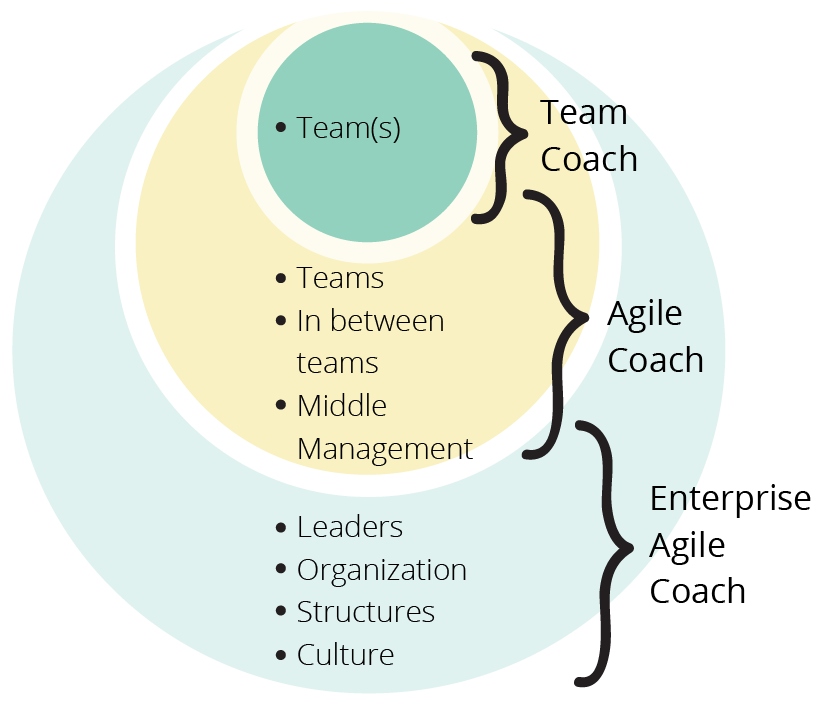
This image is property of media.dandypeople.com.
Overcoming Pitfalls as a New Coach
As a new coach, it is common to face challenges and pitfalls. However, with the right approach and mindset, these challenges can be overcome. It is essential to understand common challenges for new coaches, such as establishing credibility, building relationships, and gaining trust. New coaches should focus on developing effective coaching skills, seeking feedback for continuous improvement, and building solid relationships with the teams they work with.
Addressing resistance and overcoming barriers is another crucial aspect of coaching. It is essential to identify and address any resistance or barriers that may impede the adoption of agile practices. Recognising and addressing these challenges early on can help create a smoother transition to agile practices.
By learning from their experiences, seeking guidance from experienced coaches, and continuously improving their own skills, new coaches can overcome initial pitfalls and become highly effective in their roles.
Managing Personal Biases in Coaching Sessions
As coaches, it is important to recognise and control personal biases that may influence coaching sessions. Personal biases can hinder effective communication and collaboration. To manage personal biases, coaches can use various tools and techniques, such as active listening, empathy, and self-reflection.
Creating an inclusive and non-judgemental coaching environment is crucial for effective coaching. Coaches should strive to promote diversity and inclusion in their coaching practices. This involves being mindful of biases related to gender, race, age, and other factors, and ensuring that all team members feel valued and heard.
Cultural sensitivity and awareness are also vital when working with diverse teams. Coaches should be aware of cultural differences and adapt their coaching approach accordingly, ensuring that coaching practices are respectful and inclusive.
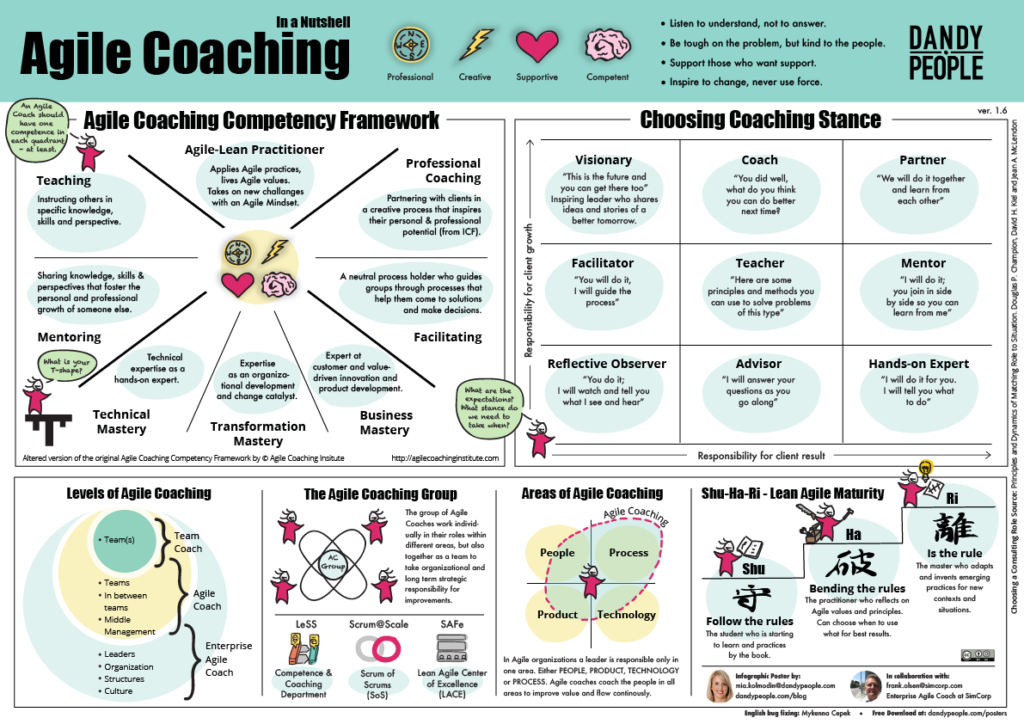
This image is property of media.dandypeople.com.
The Difference Between a Coach, a Trainer, and a Mentor
While coaches, trainers, and mentors all play important roles in supporting individuals and organisations, there are distinct differences between these roles.
Coaches focus on helping individuals, teams, and organisations achieve their goals by providing guidance and support. They are highly focused on the agile process and work closely with individuals to understand their current state, desired outcomes, and the path to achieve them.
Trainers, on the other hand, focus on imparting knowledge and skills through structured training sessions. They deliver training programs and workshops to build the required competencies within individuals and teams. Trainers provide information, tools, and techniques to enable effective execution of agile practices.
Mentors provide guidance and support based on their own experience and expertise. They offer advice, share knowledge, and act as sounding boards for individuals seeking guidance. Mentors draw on their own personal and professional experiences to provide valuable insights and perspectives.
It is important to recognise when to utilise coaching, training, or mentoring approaches in agile organisations. Each approach has its own strengths and benefits, and understanding the differences enables effective utilisation of these resources.
The Importance of Coaching for Agile Success
Coaching plays a vital role in agile transformation and the success of agile teams and organisations. By providing guidance, support, and resources, coaches enable individuals and teams to effectively adapt to agile practices.
Coaching helps teams improve communication and collaboration, resulting in better understanding of project requirements, increased productivity, and the ability to adapt to changes more efficiently. Through coaching, teams are encouraged to continuously learn and adapt, fostering a culture of innovation and growth.
Coaches also ensure that agile practices are successfully scaled and sustained across the organisation. They guide leaders in embracing agile principles, support the establishment of agile governance structures, and facilitate knowledge sharing and collaboration.
The adoption of agile practices without proper coaching can lead to sub optimal outcomes. Coaching helps organisations avoid common pitfalls, navigate challenges, and maximise the benefits of agile transformation.
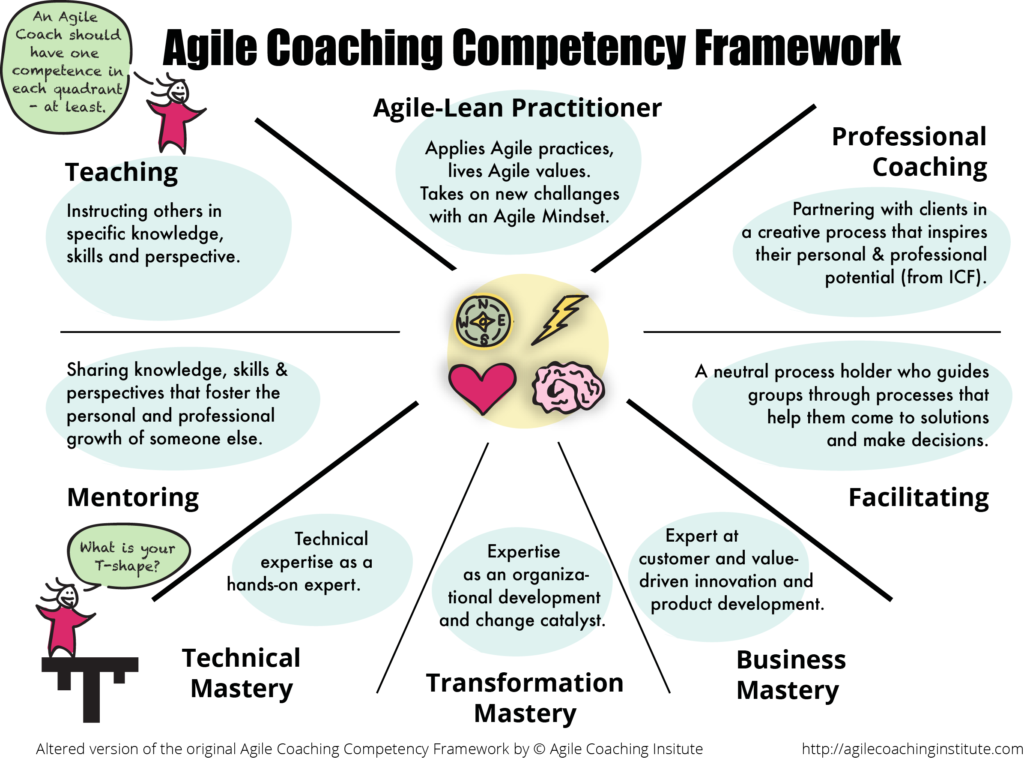
This image is property of media.dandypeople.com.
Training and Development Opportunities for Coaches
To enhance their coaching skills and competencies, coaches can leverage various training and development opportunities. These opportunities can help coaches stay up-to-date with the latest industry trends, gain new insights and perspectives, and expand their coaching toolkit.
Training programs and certifications specific to agile coaching are available, providing coaches with the necessary knowledge and skills to excel in their roles. Attending conferences, workshops, and seminars on agile coaching can also contribute to professional growth and development.
Additionally, coaches can seek mentorship from experienced coaches to learn from their expertise and receive guidance on specific challenges. Peer learning and collaboration with other coaches within the organisation or through external networks can further enhance coaching capabilities.
Continuous learning and development are essential for coaches to remain effective and provide the best possible support to teams and organisations.
Conclusion
In conclusion, coaches play a crucial role in driving, sustaining, and scaling agile success within organisations. They provide guidance, support, and resources to help individuals, teams, and organisations achieve their goals within the agile framework. By understanding the role of coaches, identifying different types of coaches, structuring coaching within the Scrum framework, overcoming pitfalls, managing personal biases, recognising the difference between coaching, training, and mentoring, and recognising the importance of coaching for agile success, coaches can effectively contribute to agile transformation and organisational growth. Continual training and development opportunities further empower coaches to excel in their roles and provide valuable support to enable agile success.
